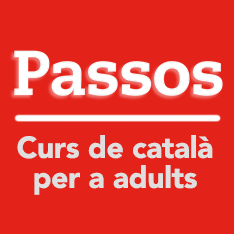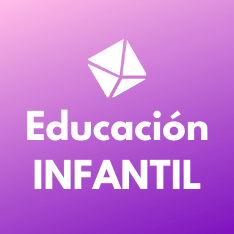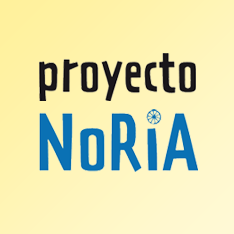Referencias bibliográficas
- Balta, N., Perera, V.H. & Hervás-Gómez, C. (2017). Using socrative as an online homework platform to increase students’ exam scores. Education and Information Technologies, 23(2), 837-850. Doi: 10.1007/s10639-017-9638-6
- Calamas, D. (2014). An assessment of an innovative student response system on student learning and performance. In Proceedings of ASEE Southeastern Section Annual Conference, Mercer University, Macon. Recuperado de http://digitalcommons.georgiasouthern.edu/mech-eng-facpubs/2.
- Dahlstrom, E., Walker, J. D. & Dziuban, C. (2013). ECAR study of undergraduate students and information technology (Research report). Louisville, CO: EDUCAUSE Center for Analysis and Research, September 2013. Recuperado de https://library.educause.edu/resources/2013/9/ecar-study-of-undergraduate-students-and-information-technology-2013
- Dervan, P. (2014). Increasing in-class student engagement using Socrative (an online Student Response System). The All Ireland Journal of Teaching & Learning in Higher?, 6(3), 1801-1813.
- González-González, I. & Alcaide-Muñoz, C. & Jiménez-Zarco, A. (2018). Using Socrative App for Accounting Students in Higher Education. In A. Misseyanni, M. D. Lytras, P. Papadopoulou & C. Marouli (Eds.), Active Learning Strategies in Higher Education (pp. 293-313). England: Emerald.
- Hadiri, Y. (2015). Instructional Design project: Click it to Check it. Socrative for student assessment in higher education. PowerPoint presented at the Technology, Colleges, and Community Worldwide Online Conference. Retrieved from URL https://scholarspace.manoa.hawaii.edu/handle/10125/35948
- Liu, D. Y. T., & Taylor, C. E. (2012). Engaging Students in Large Lectures of Introductory Biology and Molecular Biology Service Courses Using Student Response Systems, 154–162.
- Looi, C.-K., Sun, D., Seow, P., & Chia, G. (2014). Enacting a technology-based science curriculum across a grade level: the journey of teachers’ appropriation. Computers & Education, 71, 222-236. doi: 10.1016/j.compedu.2013.10.006
- Montrieux, H., Vanderlinde, R., Courtois, C., Schellens, T., & De Marez, L. (2014). A qualitative study about the implementation of tablet computers in secondary education: the teachers’ role in this process. Procedia - Social and Behavioral Sciences, 112, 481–488. doi: 10.1016/j.sbspro.2014.01.1192.
- Palalas, A. (2013). Preparing Mobile Learning Strategy for Your Institution. Proceedings of the12th World Conference on Mobile and Contextual Learning. doi:10.5339/qproc.2013.mlearn.32
- Quiroga-Estévez, Mª A., Fernández-Sánchez, J., & Escorial, S., (2014). Uso de móviles y tabletas para la evaluación de los conocimientos adquiridos: hagamos asequible la evaluación continua. [Proyecto de Innovación Docente]. Retrieve from URL http://eprints.sim.ucm.es/28544/1/Memoria_2014_110-200115_final.pdf
- Traxler, J. (2007). Defining, Discussing and Evaluating Mobile Learning: The moving finger writes and having writ …. International Review of Research in Open and Distance Learning, 8(2). doi: 10.19173/irrodl.v8i2.346.
- Vasconcelos, S. & Balula, A. (2017). Socrative: Using mobile devices to promote language learning. In M. Mills & D. Wake (2017). Empowering learners with mobile open-access learning initiatives (pp. 242-264). USA: IGI-Global. 10.4018/978-1-5225-2122-8.
- Wash, P. D., & Freeman, G. G. (2013). BYOD - engaging students using their own devices. National Social Science Technology Journal, 3(1). Retrieved from URL http://nssa.us/tech_journal/volume_3-1/vol3-1_article8.htm










